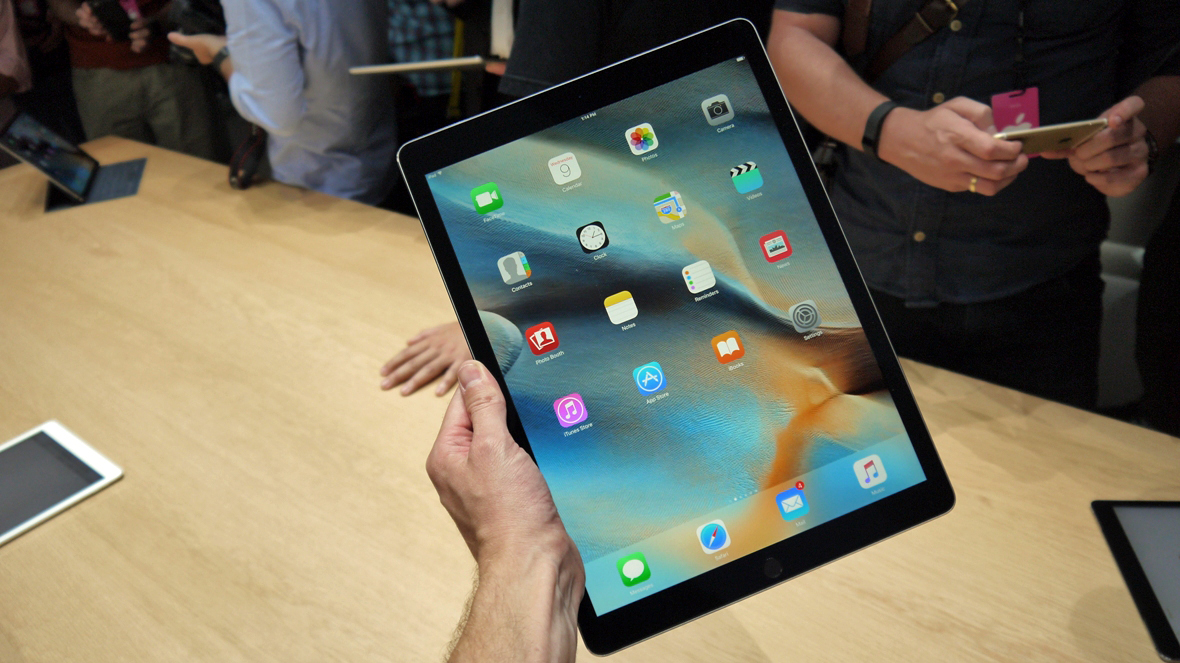Should Apple merge iOS and OS X together?
And if the company doesn't, will Microsoft benefit?
This is where the idea of user experience – and, as Tim Cook loves to tout, user satisfaction – comes into play: Apple has evidently assessed the market and the things consumers want and decided that merging iOS and OS X does not come under the label 'things customers want.'
The complications arise when considering products such as the iPad Pro, a device that is clearly geared toward having a more 'Pro' set of applications. The two other devices that share its namesake – the MacBook Pro and Mac Pro – both run OS X and so the inclusion of iOS is noticeable for how 'un-Pro' it feels, even if certain apps, such as the iWork suite, have been built out to work better. Many speculated that the second version of the iPad would come with a custom-build version of iOS which brought in some features of OS X, but it never materialised.

Room for manoeuvre
While Tim Cook's comments seem categorical, there is still some room for manoeuvre. The Apple of Steve Jobs, which was likely where the clearest distinction between OS X and iOS was made, is gone, and the ideas that came with it may also be vanishing.
The very introduction of the iPad Pro and its associated Pencil – effectively a stylus wrapped up in Apple's cute branding – show this clearly. Jobs famously said that "if you see a stylus, they [the company] blew it" and it may be the case that in the future people look back on Tim Cook saying that Apple has "no intention" of combining iOS and OS X in a similar light.
Another angle that has to be considered is that while these operating systems might not merge, OS X could be gradually phased out and replaced by iOS. We have already started to see this with the MacBook which is an amalgamation of the iPad and a MacBook Air. (The iPad Pro is the reverse but expresses the same ideals).
The PC industry, especially desktop machines where OS X is most suited, is dying out to be replaced by iOS which can inherit the features of OS X without ever officially merging the two, just as OS X inherited the features of iOS back in 2010.
Sign up to the TechRadar Pro newsletter to get all the top news, opinion, features and guidance your business needs to succeed!
Max Slater-Robins has been writing about technology for nearly a decade at various outlets, covering the rise of the technology giants, trends in enterprise and SaaS companies, and much more besides. Originally from Suffolk, he currently lives in London and likes a good night out and walks in the countryside.